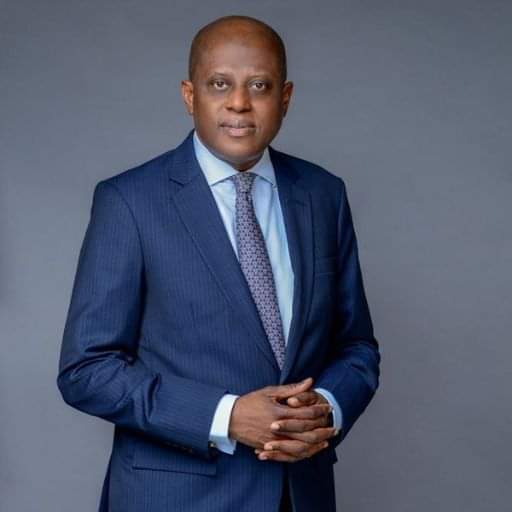Nigeria’s foreign exchange reserves have crossed the $40 billion threshold, the highest level in almost three years, Central Bank Governor Olayemi Cardoso confirmed on Thursday.
The surge marks a significant milestone in the country’s efforts to stabilise its economy and improve its foreign exchange market, he said during a symposium in Abuja to celebrate the first year of his leadership at the Central Bank.
According to Governor Cardoso, the increase in reserves is a direct result of key reforms introduced by the Central Bank, which have helped restore balance to the foreign exchange market and reinvigorate investor confidence.
“The reforms we’ve implemented are already yielding positive results, including a significant stabilisation of foreign reserves, which have now surpassed $40 billion, the highest in 33 months,” he stated during the event, which also marked the release of the report, Promoting Stability in an Era of Economic Reforms: The Journey So Far.
ATTENTION: Click “HERE” to join our WhatsApp group and receive News updates directly on your WhatsApp!
The Central Bank Governor also noted that while inflation remains elevated, it has been on a downward trajectory, suggesting that the country’s ongoing economic reforms are beginning to have the desired impact.
“Though inflation remains high, we are seeing a downward trend, which signals that our measures are stabilising the economy and fostering growth,” Cardoso added.
Among the most notable reforms undertaken by the Central Bank is the overhaul of Nigeria’s foreign exchange system, which had been plagued by multiple exchange rates that created arbitrage opportunities and deterred foreign investment.
The new, streamlined foreign exchange regime is aimed at addressing long-standing challenges, including delayed FX settlements and a massive revenue loss estimated at N6.2 trillion in 2022.
READ ALSO:Cardoso Sees Relief for Transportation Costs, Food Inflation
Additionally, the Central Bank has pursued aggressive monetary policies to combat inflation, including raising the Monetary Policy Rate by 850 basis points to 27.25% and increasing the Cash Reserve Ratio for commercial banks to 50%.
Looking forward, Cardoso outlined the Central Bank’s plan to increase monthly foreign remittances to $1 billion, which he described as crucial to further strengthening the nation’s foreign reserves.
“Our goal is to attract more inflows through remittances, which will help us fortify the reserves and ensure economic stability,” he said. To this end, new operational guidelines for Bureau de Change operators have been rolled out to enhance the regulation of the foreign exchange market.
.png)
 8 months ago
73
8 months ago
73









 English (US)
English (US)